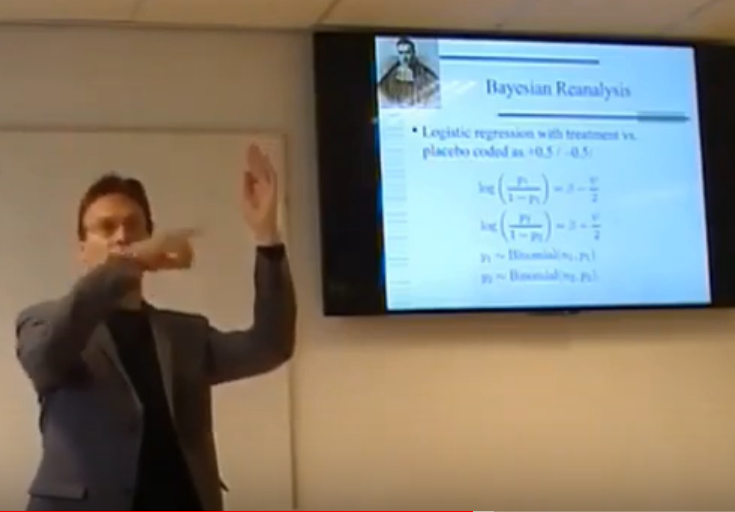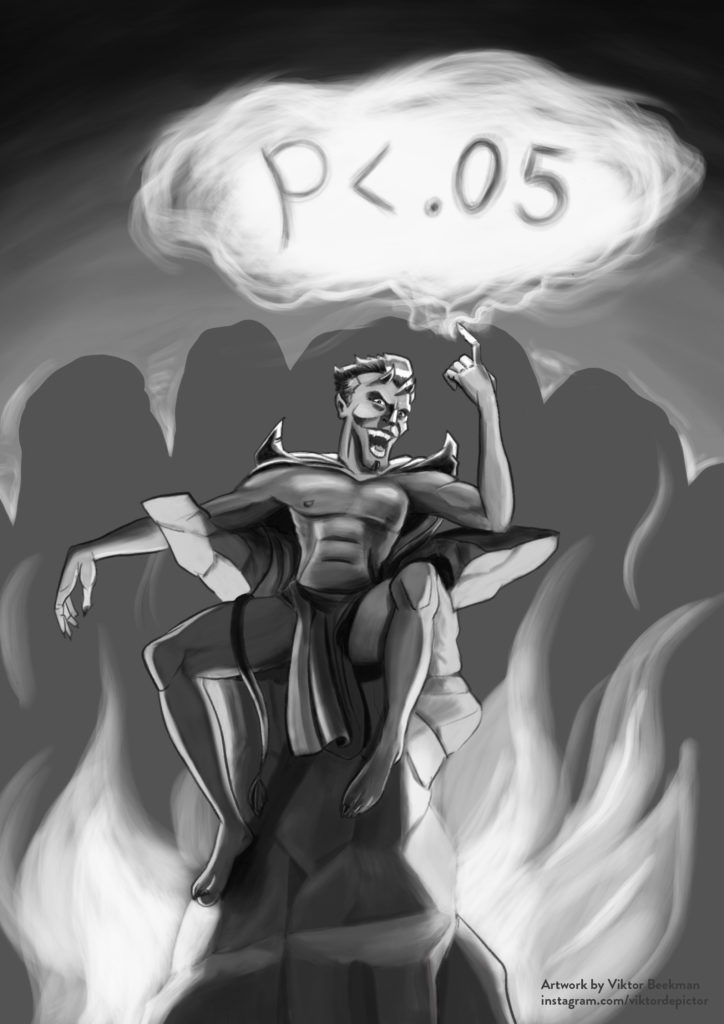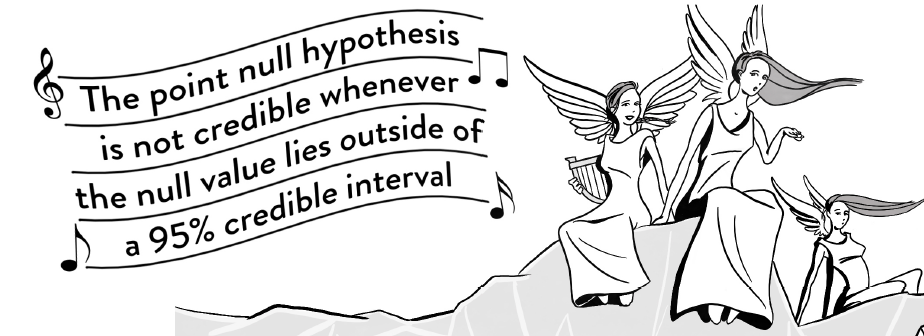The Invigorating Pleasure of Witnessing a Well-Contested Rat-Fight

Throughout his books, Bayesian godfather Sir Harold Jeffreys was in the habit of starting each chapter with an epigraph. Usually these epigraphs came from different sources, but not so for his 1935 geophysics book “Earthquakes and mountains”. The book has a total of seven chapters; here are the seven associated epigraphs: For chapter 1, “Solids and Liquids”: …but who…
read more





